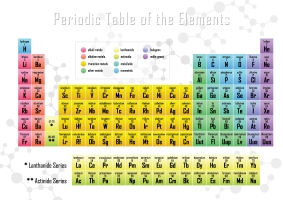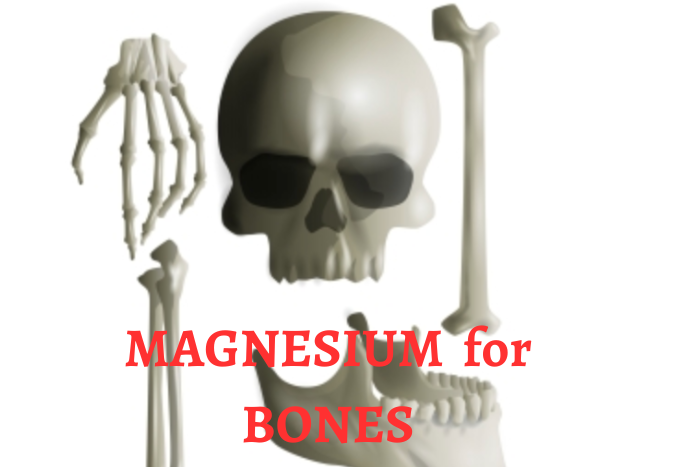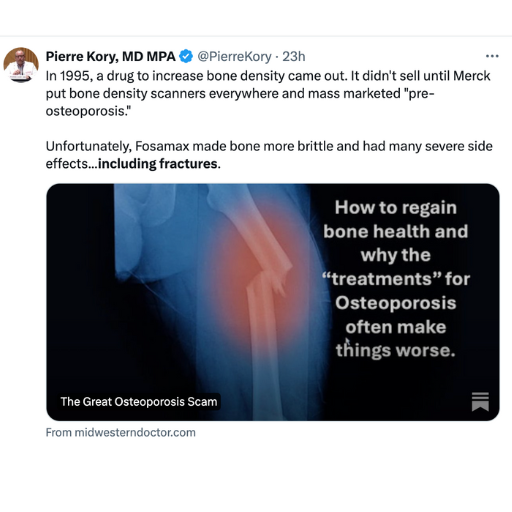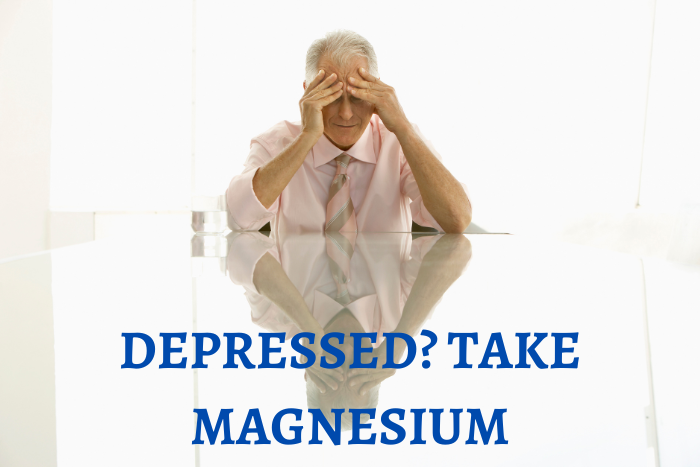
Magnesium for fatigue is an essential factor. Magnesium deficiency causes fatigue. Body metabolism depends on magnesium. It does not matter how many enzyme systems perform; we feel tired.
Magnesium for fatigue
Magnesium participates in hundreds of enzyme reactions. Magnesium is involved in adenosine triphosphate (ATP) activity. ATP is the primary energy molecule in our body.
Without sufficient magnesium amount in the body, ATP can not be produced. Magnesium attaches to adenosine triphosphate (ATP), stabilizing it and preparing the energy molecule for use. Magnesium for fatigue is beneficial.
Fatigue is a common issue

A few decades ago, people had more energy and vitality. They had it just in a simple way. They ate good food and breathed clean and fresh air. They do not rush so much nowadays, stressing out about their jobs or the last edition of video games.
There are techniques and ways to avoid stress. Unfortunately, not everybody is interested or can get information or spend time taking good care of them.
Individuals drink energy drinks that are full of sugar. It depletes many minerals. Magnesium is lost when people use too much junk food.
Of course, not everybody is stressed out. However, the usage of soda drinks and antidepressants is massive. I wonder if somebody thinks about their future. We all go to another side. It is better to be in good shape as long as possible without harming ourselves with a sedentary lifestyle and inadequate nutrition.
Magnesium for fatigue is a helpful mineral
Interestingly, magnesium activity with ATP is that magnesium bonds with ATP-producing energy packets for the body. If magnesium is deficient, the body does not have enough energy. Fatigue takes over. We feel exhausted.
There are more great things about magnesium. When magnesium bonds with ATP, it influences protein production, firing up messenger RNA.
Besides this, the union of magnesium and ATP participates as cofactors in the creation of DNA.
According to Dr. Carolyn Dean, DNA synthesis becomes slow without enough magnesium.
What can we do?
We can take magnesium and help them return the body to the previous state when we feel energetic and vital. Of course, we can be tired for more reasons, such as chronic illness. However, magnesium is a missing mineral in most diets. We do not get enough magnesium from food and water.
The pico-ionic magnesium is absorbed at the cellular level. It means that we get the total amount of magnesium. Besides that, pico-ionic magnesium does not have laxative effects. The magnesium goes straight to the cells. You can read more about pico-ionic magnesium ReMag here. Magnesium for fatigue helps absolutely.













